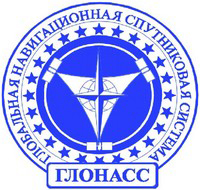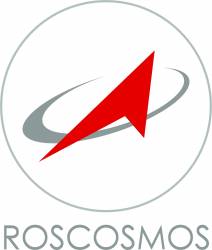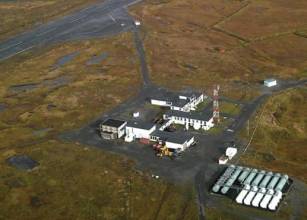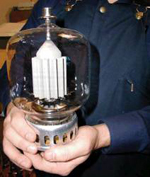Astrium-Allsat JV Launches GNSS Reference Network Services across Europe
Astrium Services and Allsat GmbH network+services have created a joint venture, AXIO-NET GmbH, to offer precise navigation and positioning services across Europe.
The companies, which formed a JV in September 2007 to operate the German ascos service, have created a trans-European brand — AXIO-NET — to extend the service, based on a network of reference stations that generate high-accuracy differential corrections of GPS and GLONASS satellite signals.
By Glen Gibbons













